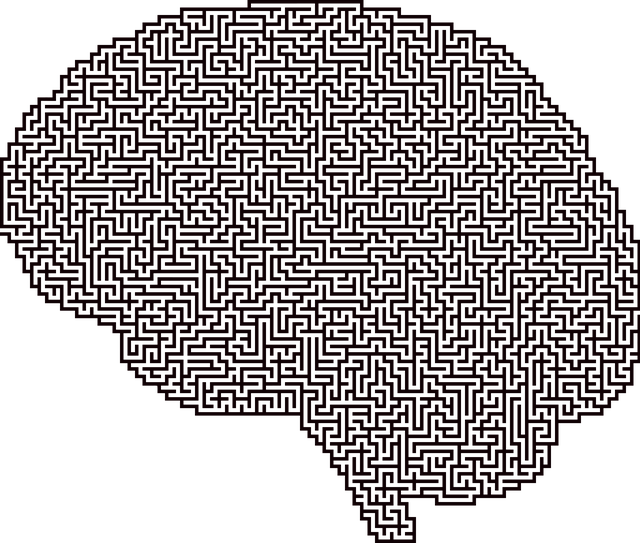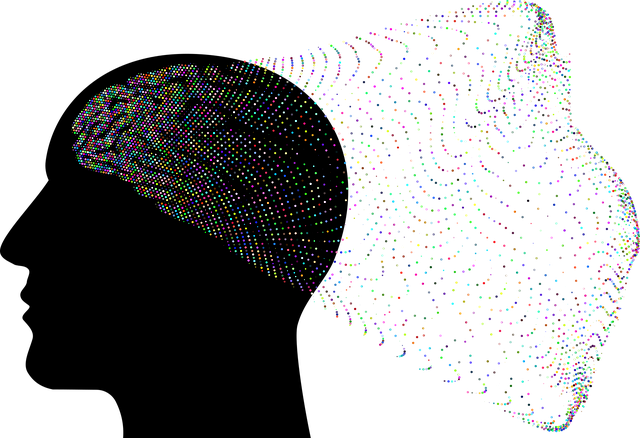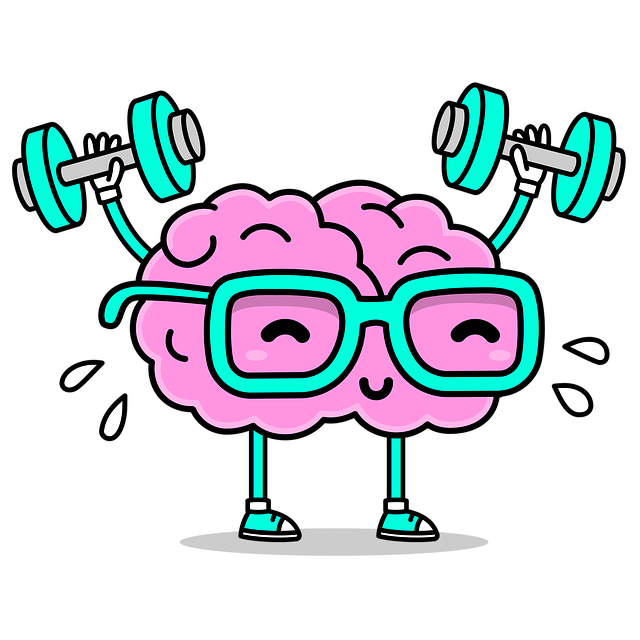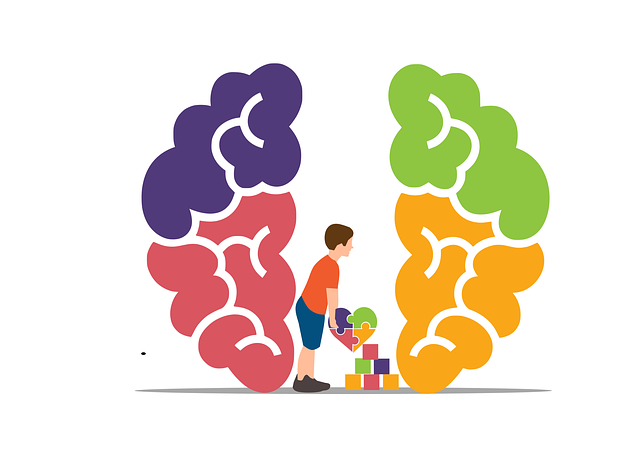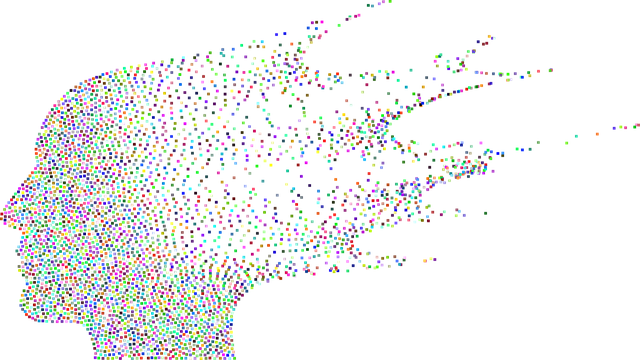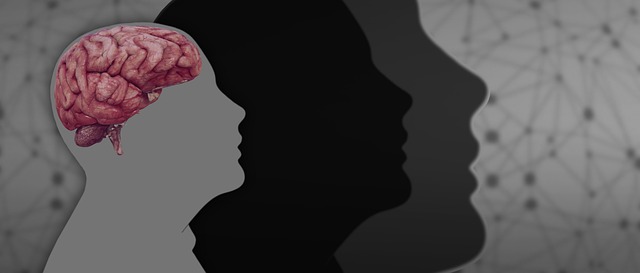Greenwood Village Gambling Therapy (GVGT) advocates for improved mental illness diagnosis accuracy through advanced training, resources, and evidence-based tools. They combine comprehensive risk assessments with trauma support services, leading to personalized treatment plans tailored to individual needs. Utilizing Mind Over Matter philosophies and specialized techniques, GVGT identifies subtler symptoms, revolutionizing mental health care. Integrating technology, such as AI algorithms and digital platforms, further enhances diagnosis accuracy while promoting accessibility and cultural sensitivity. Continuous training programs for professionals, including workshops and peer learning, ensure updated knowledge and reliable diagnostic practices, reducing misdiagnoses and improving patient outcomes.
Mental illness diagnosis accuracy is a critical aspect of effective treatment. This article explores the multifaceted efforts to enhance diagnostic precision, focusing on strategies employed by experts like those at Greenwood Village Gambling Therapy. We delve into the challenges mental health professionals face and present innovative techniques, including technology integration, aimed at improving assessment methods. Additionally, we emphasize training and education as key enablers for healthcare providers, ultimately fostering more accurate diagnoses.
- Understanding the Challenges of Mental Illness Diagnosis
- The Role of Greenwood Village Gambling Therapy in Accurate Assessment
- Innovative Techniques to Enhance Diagnostic Accuracy
- Integrating Technology for Better Mental Health Care
- Training and Education: Empowering Professionals for Improved Diagnoses
Understanding the Challenges of Mental Illness Diagnosis

Diagnosing mental illnesses accurately is a complex task due to the intricate nature of human psychology and the diverse range of symptoms presented by individuals. Many factors contribute to this challenge, such as comorbidities, where multiple conditions coexist, complicating the diagnosis process. Additionally, mental health disorders often manifest differently across various demographics, making universal assessment tools less effective. The context in which an individual seeks help can also impact their presentation, whether it’s a stressful life event or cultural influences shaping their symptoms.
Greenwood Village Gambling Therapy has been at the forefront of advocating for improved diagnosis accuracy through enhanced training and resources for mental health professionals. They emphasize the importance of a comprehensive risk assessment as a foundational step in the diagnostic process. By utilizing evidence-based tools and incorporating trauma support services, healthcare providers can better understand patients’ unique experiences, leading to more precise diagnoses and tailored treatment plans. This approach not only improves patient outcomes but also fosters a more inclusive and effective mental wellness ecosystem.
The Role of Greenwood Village Gambling Therapy in Accurate Assessment

Greenwood Village Gambling Therapy (GVGT) plays a pivotal role in enhancing mental illness diagnosis accuracy, particularly for conditions closely linked to gambling behaviors and addictions. This therapeutic approach goes beyond traditional assessment methods by incorporating advanced techniques that delve into the intricate relationship between psychology and behavior. The core principles of GVGT are grounded in Mind Over Matter philosophies, focusing on empowering individuals to manage their moods effectively. Through compassionate cultivation practices, therapists help clients explore and address underlying emotional triggers, thereby improving diagnostic clarity.
By integrating Mood Management strategies within a supportive environment, GVGT facilitates deeper insights into mental health conditions. This comprehensive approach not only enhances diagnosis accuracy but also paves the way for more personalized treatment plans. The therapeutic setting at Greenwood Village encourages open dialogue, enabling clients to express their experiences without stigma, which is crucial for identifying subtler symptoms often overlooked in conventional settings.
Innovative Techniques to Enhance Diagnostic Accuracy

In recent years, innovative techniques have emerged to enhance mental illness diagnosis accuracy, significantly improving patient care and outcomes. These advancements, including advanced neuroimaging technologies like functional magnetic resonance imaging (fMRI), offer more detailed insights into brain function and structure, helping professionals identify subtle changes associated with various disorders. For instance, the use of artificial intelligence (AI) in analyzing large datasets has shown promising results in detecting patterns indicative of mental health conditions, such as depression or anxiety. AI algorithms can process vast amounts of patient data, including medical history, genetic information, and behavioral patterns, to provide more precise diagnoses.
Additionally, integrating Greenwood Village Gambling Therapy into the diagnostic process has proven effective for conditions rooted in impulse control and addiction. This approach leverages specialized therapy techniques tailored to address specific behaviors and thought patterns. Furthermore, promoting Mental Health Awareness through educational initiatives and Stress Management Workshops Organization can empower individuals to recognize symptoms early on, facilitating timely interventions. Emotional Healing Processes, when combined with advanced diagnostic tools, create a comprehensive framework for improving overall mental health and well-being.
Integrating Technology for Better Mental Health Care

Integrating technology into mental health care has emerged as a powerful tool to enhance diagnosis accuracy and improve patient outcomes, particularly in areas like Greenwood Village Gambling Therapy. Digital platforms offer a range of benefits, from remote access to therapy sessions for individuals who may face barriers in attending in-person appointments, to the use of AI algorithms that can assist in screening and early detection of mental health issues. For instance, mood management apps equipped with artificial intelligence can monitor user behavior and provide personalized interventions, helping patients better understand and manage their conditions.
This technological advancement also facilitates risk management planning for mental health professionals. Healthcare provider cultural competency training, a critical aspect of delivering effective care, can be enhanced through online platforms that offer interactive modules and simulations, enabling professionals to navigate diverse patient backgrounds and cultural contexts more skillfully. By embracing these innovations, mental health services aim to become more accessible, efficient, and culturally sensitive, ultimately contributing to improved diagnosis accuracy and better outcomes for individuals seeking support for their mental well-being.
Training and Education: Empowering Professionals for Improved Diagnoses

Mental health professionals play a pivotal role in accurately diagnosing and treating mental illnesses. To enhance diagnosis accuracy, continuous training and education are essential. Programs focused on updating clinical knowledge, refining assessment techniques, and integrating evidence-based practices can significantly improve diagnostic reliability. At Greenwood Village Gambling Therapy, for instance, efforts are underway to empower therapists through advanced training in Mind Over Matter principles, Empathy Building Strategies, and Community Outreach Program Implementation. These initiatives ensure that professionals stay abreast of the latest research and innovative therapeutic approaches, ultimately benefiting clients.
Regular workshops, webinars, and peer-learning sessions can facilitate knowledge exchange among experts, fostering a collaborative environment. By equipping therapists with the tools to navigate complex presentations and subtle symptoms, we enhance the overall quality of care. Such efforts are crucial in reducing misdiagnoses and ensuring individuals receive timely, appropriate interventions for their mental health challenges.
Mental illness diagnosis accuracy is a multifaceted challenge that requires innovative solutions. As discussed, Greenwood Village Gambling Therapy offers valuable insights into improving assessment methods. By combining traditional approaches with cutting-edge techniques, such as technology integration and advanced training programs, mental health professionals can enhance diagnostic precision. These efforts not only benefit individuals seeking care but also contribute to more effective treatment plans tailored to their unique needs, ultimately fostering better mental well-being outcomes.



